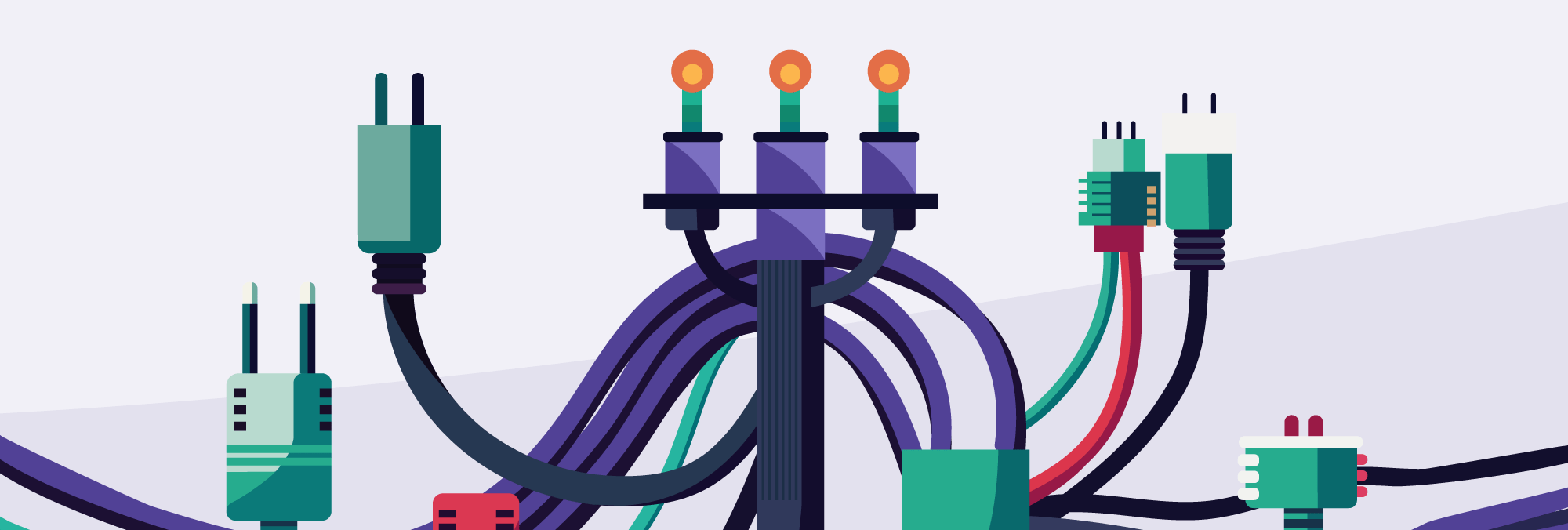The past few months have seen large scale internet disruption across Africa due to submarine cable cuts.
Africa’s vast size coupled with geopolitical reasons makes it more reliant on submarine cables than you would see in the US or Europe, and more akin to a series of islands.
Earlier this year we’ve already seen cables disrupted on both the East and West coasts of Africa having severe knock-on effects.
And while some may link Kenya‘s internet disruption this week to political events, this further highlights the fragility of the submarine cable network. It took many months to fix the East coast cable cuts because of the geopolitical situation around the Red Sea.
So how do companies protect themselves against similar disruptions? How can governments help protect their economies from severe disruption when inevitable future failures occur?
Firstly, and rather obviously, we need more connectivity – the more cables landing in a particular country, the more resilient it is against a single cable failing. More also needs doing to ensure cables follow more divergent routes. The failure of four separate cables in March off the Corte d’Ivoire coast highlights that unless cables have different paths, they’re susceptible to all failing at the same time.
Secondly, countries need to help local businesses build their own homegrown cloud infrastructure or encourage the foreign cloud vendors to setup shop in their country. Having cloud computing resources inside the country, allows businesses and government to become far more resilient to cable outages. It also creates local jobs and keeps more money inside the country’s own economy.
At present, only South Africa has managed to attract the large cloud vendors to setup shop, with Kenya recently getting Microsoft and Oracle to invest into new East African regions. You would hope in the medium term you may see the likes of MTN, Orange or Airtel benefit from their existing infrastructure across the continent and expand into offering more in-country cloud services.
Businesses can then gain resiliency by choosing vendors that host their applications in country or at least within the African continent. They would also benefit from greatly improved speed compared to accessing a system hosted within in the US.
As an example, during this week’s Kenyan disruption – we saw severe disruption between Kenya and the US & Europe lasting for nearly a day, whereas connectivity between South Africa and Kenya was far less severe and recovered much quicker.
QContact can help – we can host your entire contact centre solution within Africa. Keeping your data secure, your operations running, and your phone lines working even in the event of large scale internet disruption. So why not speak to us today to see how we can help you deliver a better, more resilient customer experience.



